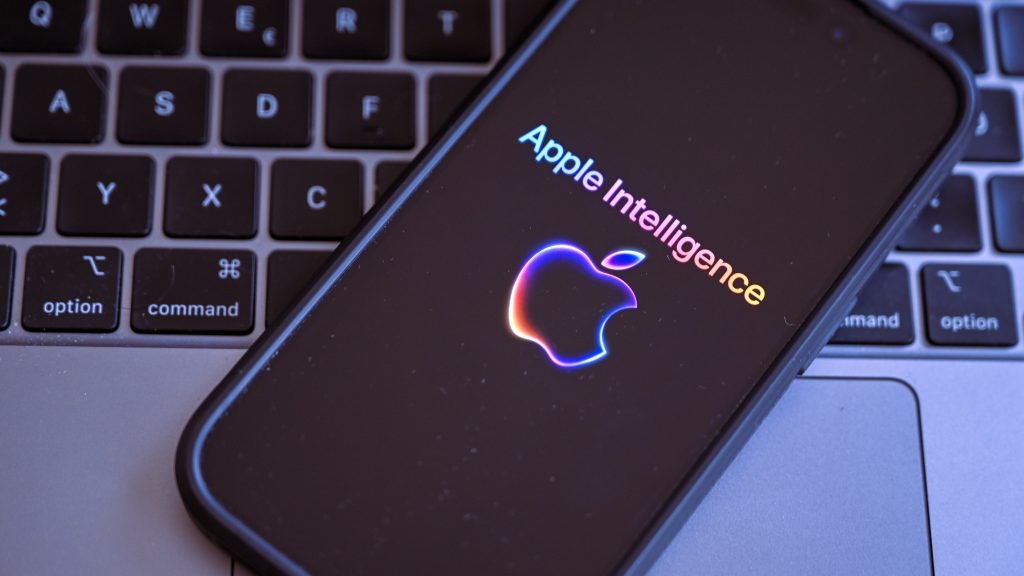Apple Inc. is contemplating a significant pivot in its artificial intelligence (AI) strategy, particularly regarding its virtual assistant, Siri. In a recent report by Bloomberg, the company is exploring partnerships with prominent AI firms Anthropic and OpenAI to enhance Siri’s capabilities. This move signals a potential shift away from Apple’s proprietary AI framework toward leveraging advanced external models, which could reshape Siri’s functionality and performance.
Current State of Siri and Apple’s AI Models
Traditionally, Siri has operated on Apple’s in-house models, with the company investing heavily in developing its Apple Foundation Models. However, these efforts have seen mixed results. Apple reportedly engaged in discussions with Anthropic and OpenAI about customizing their models for deployment on Apple’s cloud infrastructure. While there’s no final decision about whether to adopt these external models, Apple is concurrently developing a version of Siri that will continue to utilize its internal frameworks.
The anticipated updates to Siri, featuring enhanced AI capabilities, were initially slated for launch alongside iOS 18, iPadOS 18, and macOS 15. However, these features have faced delays, and a new iteration is now expected in 2026, as highlighted in previous reports from MacRumors. During this period of uncertainty, Apple has also implemented some form of collaboration with OpenAI, where certain query responses are powered by their technology, albeit as an add-on rather than a complete overhaul.
The Competitive Landscape and Challenges Ahead
Apple’s need to innovate with Siri is increasingly urgent, especially as competitors like Samsung have made significant strides in AI. Samsung’s Galaxy devices incorporate Google’s Gemini AI, providing users with a seamless and powerful assistant experience. Additionally, rumors suggest that Apple has even considered acquiring AI startups like Perplexity to bolster its capabilities and keep pace with competitors.
Last year, Apple launched the iPhone 16, promoting the device with a tagline of “built for Apple Intelligence.” However, the company’s inability to deliver transformative AI features for Siri has raised concerns internally. Following the reassignment of AI head John Giannandrea, who had been pivotal in Siri’s development, the leadership has shifted towards software engineering under Craig Federighi and Siri’s current boss, Mike Rockwell. This leadership change has reportedly affected morale among the AI team, particularly at a time when tech giants compete fiercely for top talent in AI fields.
Future Prospects and Implications
While Apple’s commitment to its proprietary models remains evident, the ongoing delays in introducing advanced AI features for Siri have led to a broader impact beyond software. Speculation has emerged that these setbacks have also delayed the release of new hardware, including a device resembling a hybrid between the HomePod and iPad, meant to function as an advanced home assistant comparable to the Amazon Echo Show.
Looking ahead, Apple is poised to open up its on-device AI models, such as those utilized for Genmoji and Writing Tools, to third-party developers within the year. This shift is part of the company’s effort to leverage its existing technology while still emphasizing user privacy. However, the current on-device models have shown to be slower and less capable compared to cloud-based solutions offered by competitors.
The integration of third-party models onto Apple’s cloud servers could provide a middle ground, allowing Apple to maintain user privacy while significantly enhancing Siri’s functionality. This strategic approach aligns with industry trends, as many consumers show increasing interest in AI-driven features across devices.
Market Reaction
Apple’s exploration of external AI partnerships has elicited a variety of reactions from the tech community and potential consumers. As companies like Microsoft have effectively integrated AI-driven experiences into their products, Apple’s hesitation to adapt could have long-term implications. A report indicates that approximately 72% of consumers expect advanced AI features to be integrated into their personal tech devices by 2025, underscoring the urgency for Apple to innovate rapidly in this area [Statista].
In summary, Apple stands at a crossroads with its Siri assistant, facing both internal and external pressures to evolve rapidly. By embracing collaborations with Anthropic and OpenAI, it could not only modernize Siri but also reinforce its position in the competitive technology landscape. The coming years will be crucial for Apple as it navigates these challenges and strives to redefine its AI identity.

